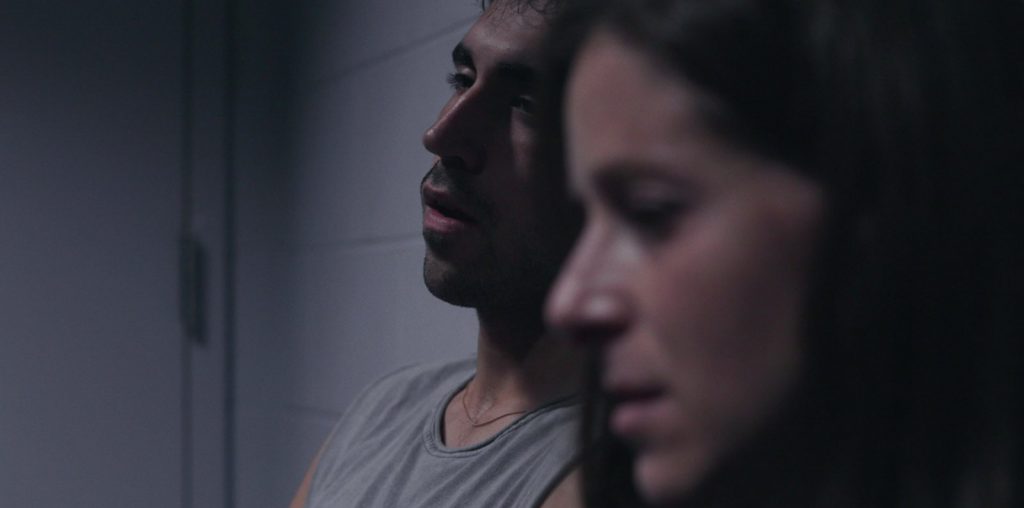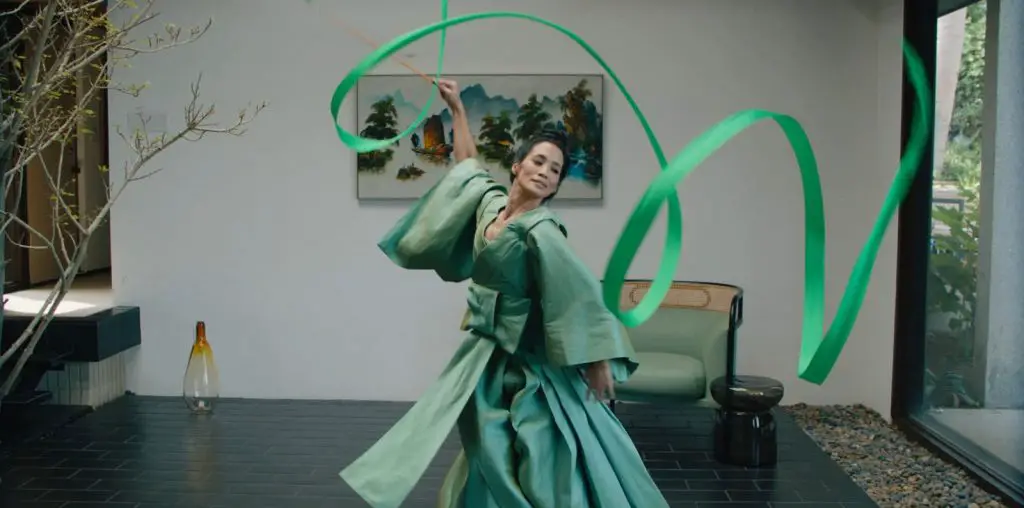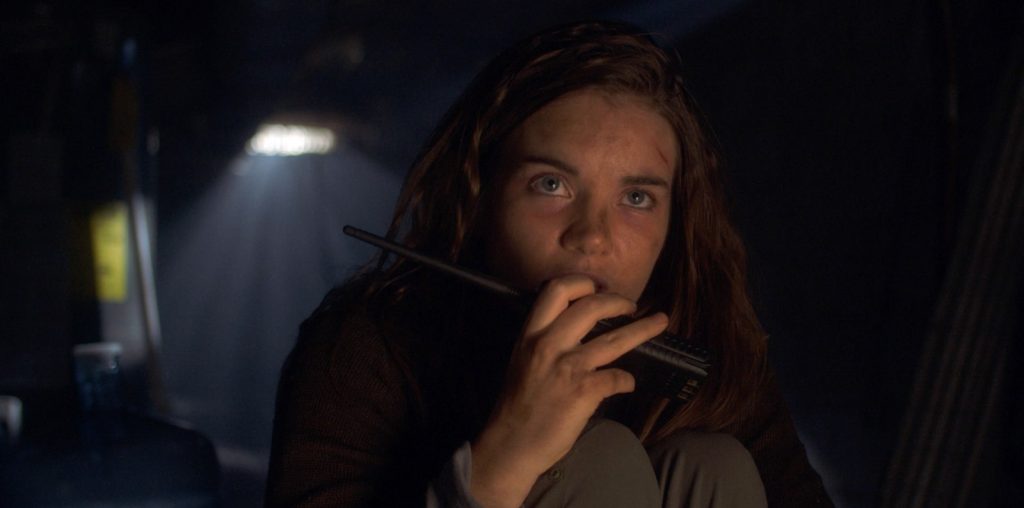
In Paul Laurence Dunbar: An American Poet, written and directed by Kane Stratton, there is enough drama, insight, and enlightenment to fill one’s intellectual capacity for knowledge and understanding for days and weeks to come. The ten-minute film is a period piece, very similar to the likes of Masterpiece Theater or a stage play, set 40 years after the Emancipation Proclamation. During this crucial time in history, the importance of an African American’s respect and dignity was still being fought (and still is).
Actress A. Slate, who plays the brilliant titular poet, allows Dunbar’s art and gift for words to do the fighting for everyone. Most likely an unknown name to many, Dunbar’s poetry may ring more familiar than expected. Having a woman play Dunbar gave the film a fierce strength. Williamson does not miss a beat.
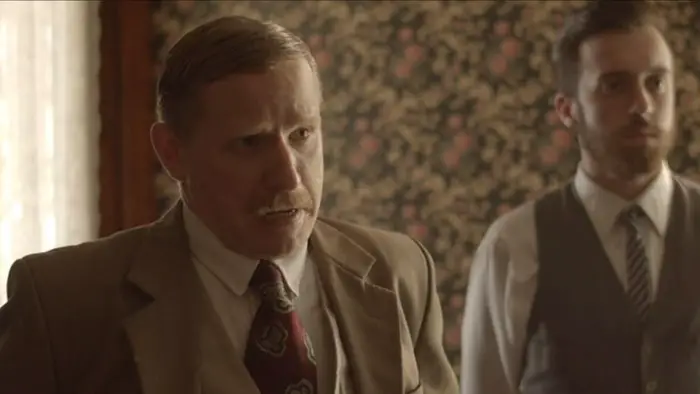
“…the importance of an African American’s respect and dignity was still being fought…”
The drama takes place in 1903 in Dayton, Ohio, at Dunbar’s mother’s home during a dinner between the mayor of Dayton (Timothy J. Cox) and Dunbar to discuss his appearance at a Fourth of July celebration. The topic of conversation ultimately focuses on Dunbar and keeping his hat on during the national anthem. This act, not only the center of the film’s premise, is a symbolic gesture that is all too familiar. Whether it’s taking a knee, standing away, or any type of un-acknowledgment of country and protest, as was then and as it is now, was as pertinent in the 19th and 20th centuries as it is in the 21st century.
Well-rehearsed and played-out dialogue carries Paul Laurence Dunbar: An American Poet from start to finish. This is especially true when the spotlight on Dunbar is a powerful rendition of Sympathy (1899), leaving the mayor speechless and squashing the subject of the hat to a jest. It’s not the resolution of the argument that stays with you, it is the heated debate and consequences that were squarely acknowledged.
The definitive action in Paul Laurence Dunbar: An American Poet is through the spoken word, although the set, costumes, and lighting are very well appointed for a re-creation. If you know anything about why the “caged bird sings,” then you know something about Paul Laurence Dunbar. They are the words in his poem Sympathy that so many use in their fight for equality and compassion. If anything, Stratton’s film will give you the impetus to learn more about this great American poet, who was also a very prominent writer in his day.
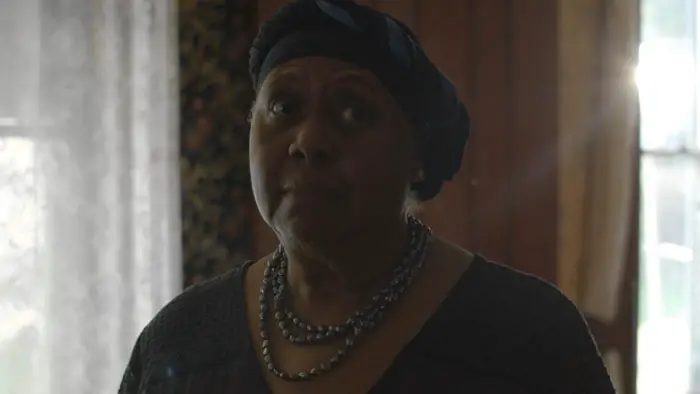
"…the set, costumes, and lighting are very well appointed..."
